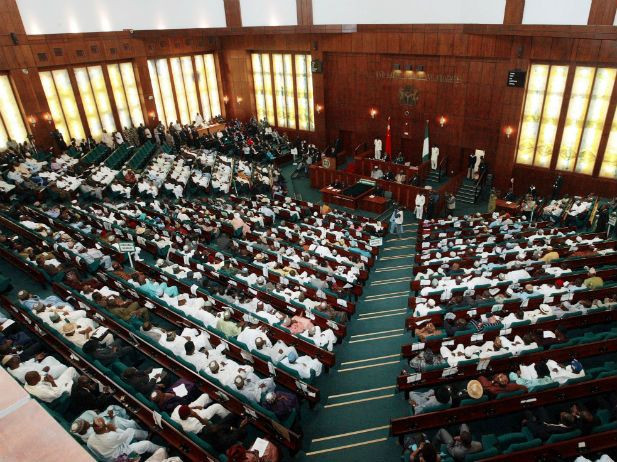Nigeria Government Corruption: Public Salaries Under Review As New President Buhari Vows To Crackdown On Politicians

The take-home pay of Nigerian public office holders is under review by a government committee. The Revenue Mobilization, Allocation and Fiscal Commission (RMAFC) has begun assessing workers' earnings packages, including salaries and allowances, according to local media reports. Nigerian lawmakers have come under fire for amassing fortunes in the West African nation while the rural population lives in poverty and darkness.
Nigerian lawmakers are some of the highest paid in the world, earning up to $2 million a year, or 397.9 million naira. Politicians are said to take home more than the amount officially approved for them. The commission was expected “to review the existing Remuneration Act; identify areas of wastages and abuse, examine the implementation of the monetization policy by ministries, departments and agencies and advise on the appropriate remuneration for political, public and judicial officers commensurate with the work they do,” RMAFC spokesperson Ibrahim Mohammed told Nigerian newspaper Premium Times on Wednesday.
Nigerian President Muhammadu Buhari, who was inaugurated last month, has sworn to cut waste and combat government corruption. Under the current law, Buhari would take home about 1.17 million naira per month, or about 14.058 million naira a year. Nigerian Vice President Yemi Osinbajo would be entitled to a salary of 1.01 million naira per month, or 12.13 million naira a year.
More than 70 percent of the federal budget is spent on the salaries and benefits of one million government officials, leaving very little revenue to help impoverished Nigerians. Nigeria’s presidency plays a decisive role in dispensing state revenue, and critics have argued that legislators became wealthier under former leader Goodluck Johnathan.
The RMAFC will also take into consideration Nigeria’s current economic state, particularly inflation and the slump in global crude oil prices. The review was expected to be completed before the end of September, committee chairman Elias Mbam told Premium Times.
© Copyright IBTimes 2025. All rights reserved.





















